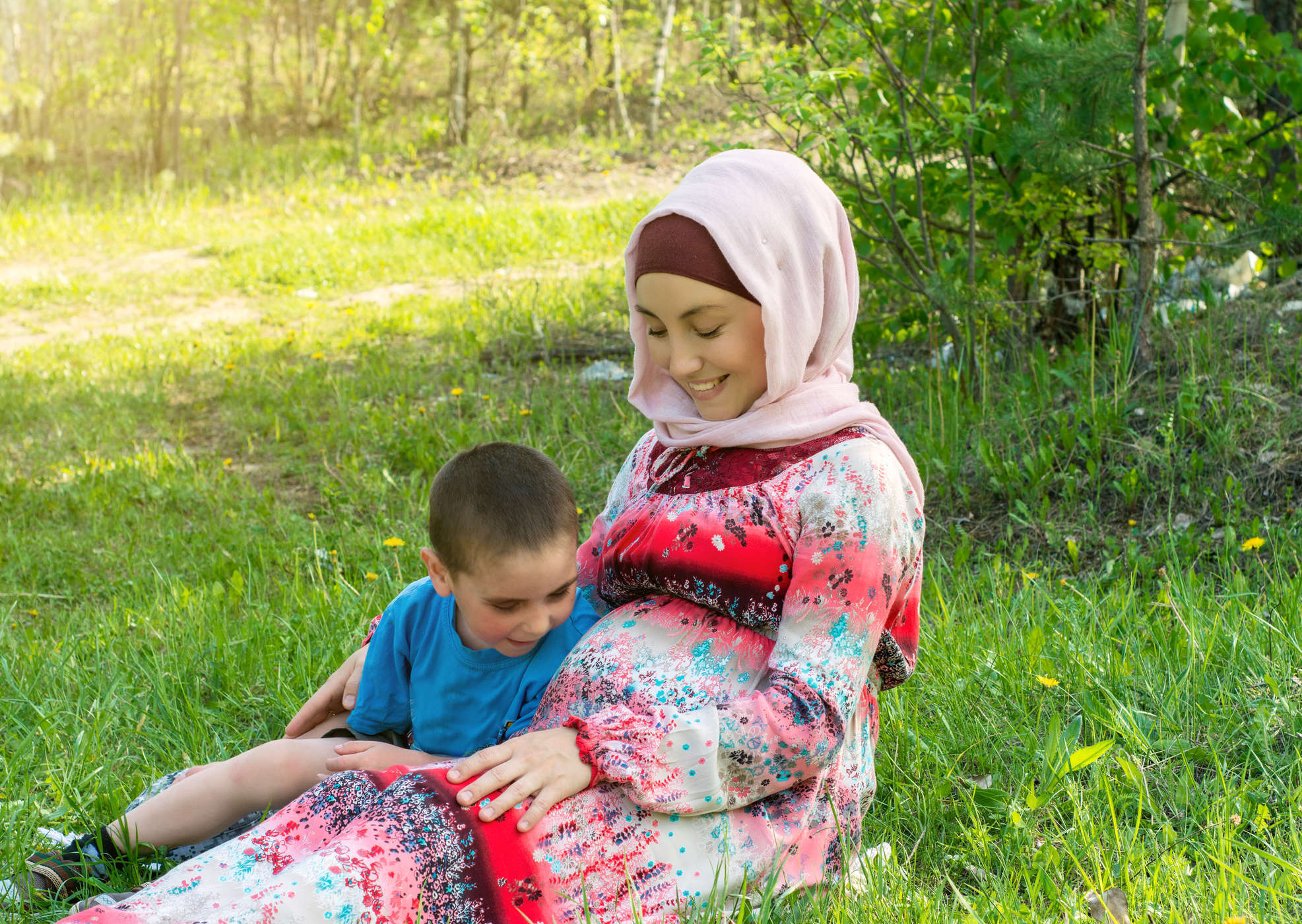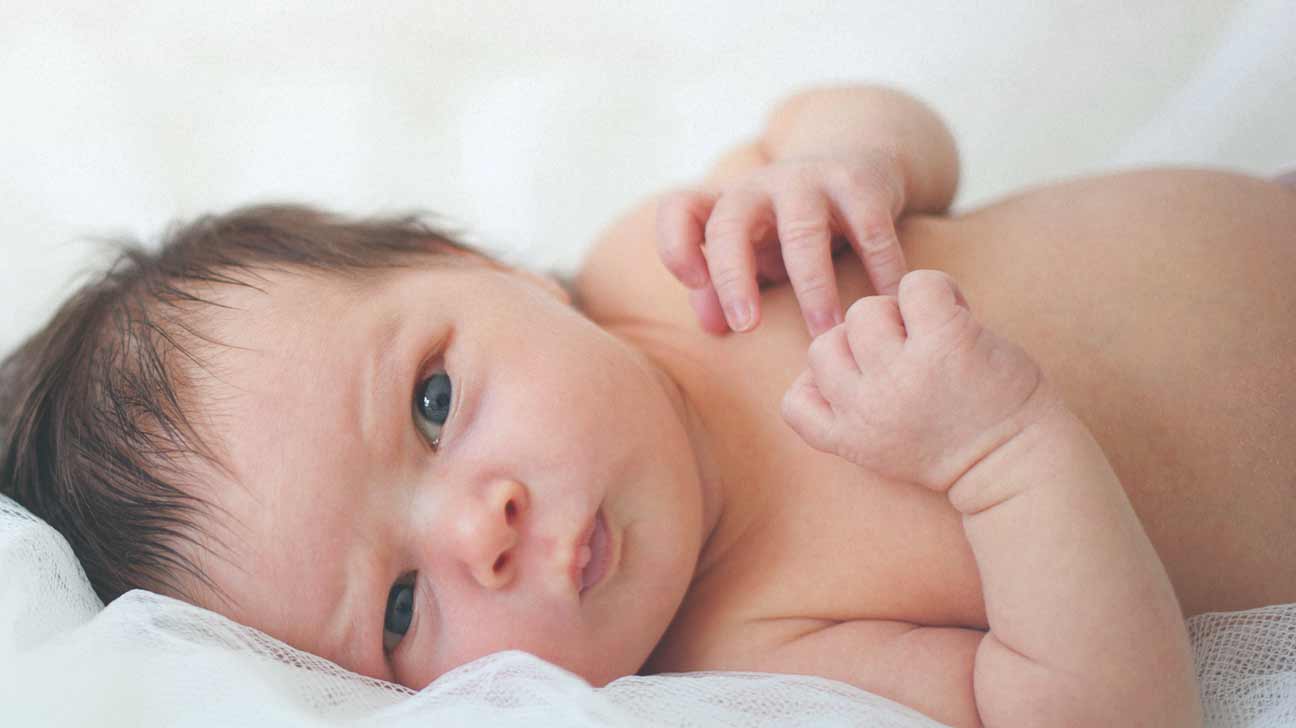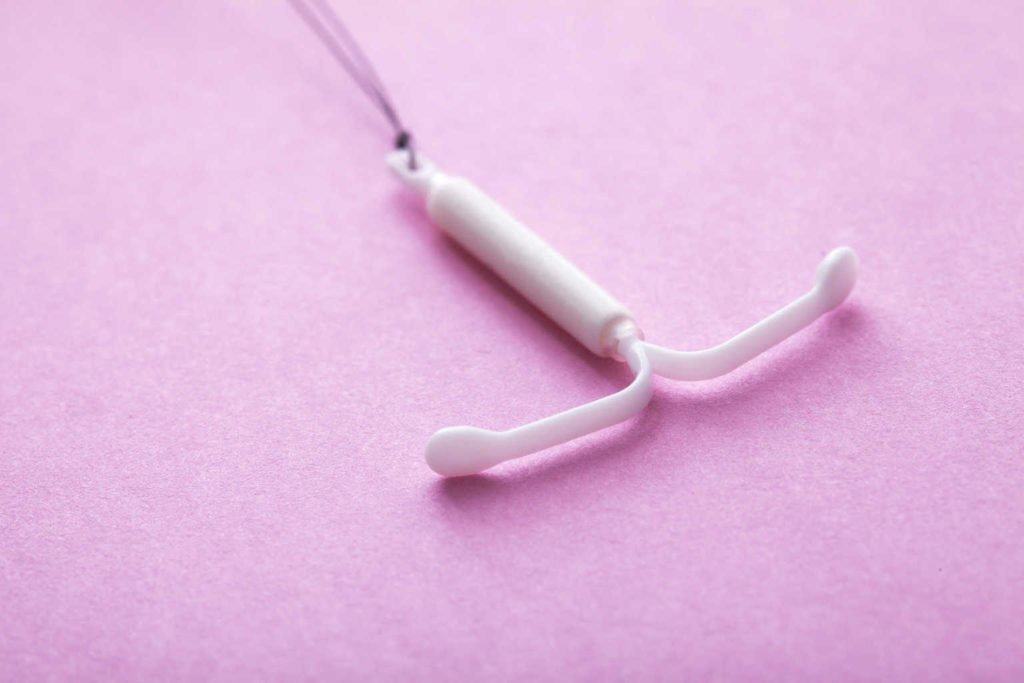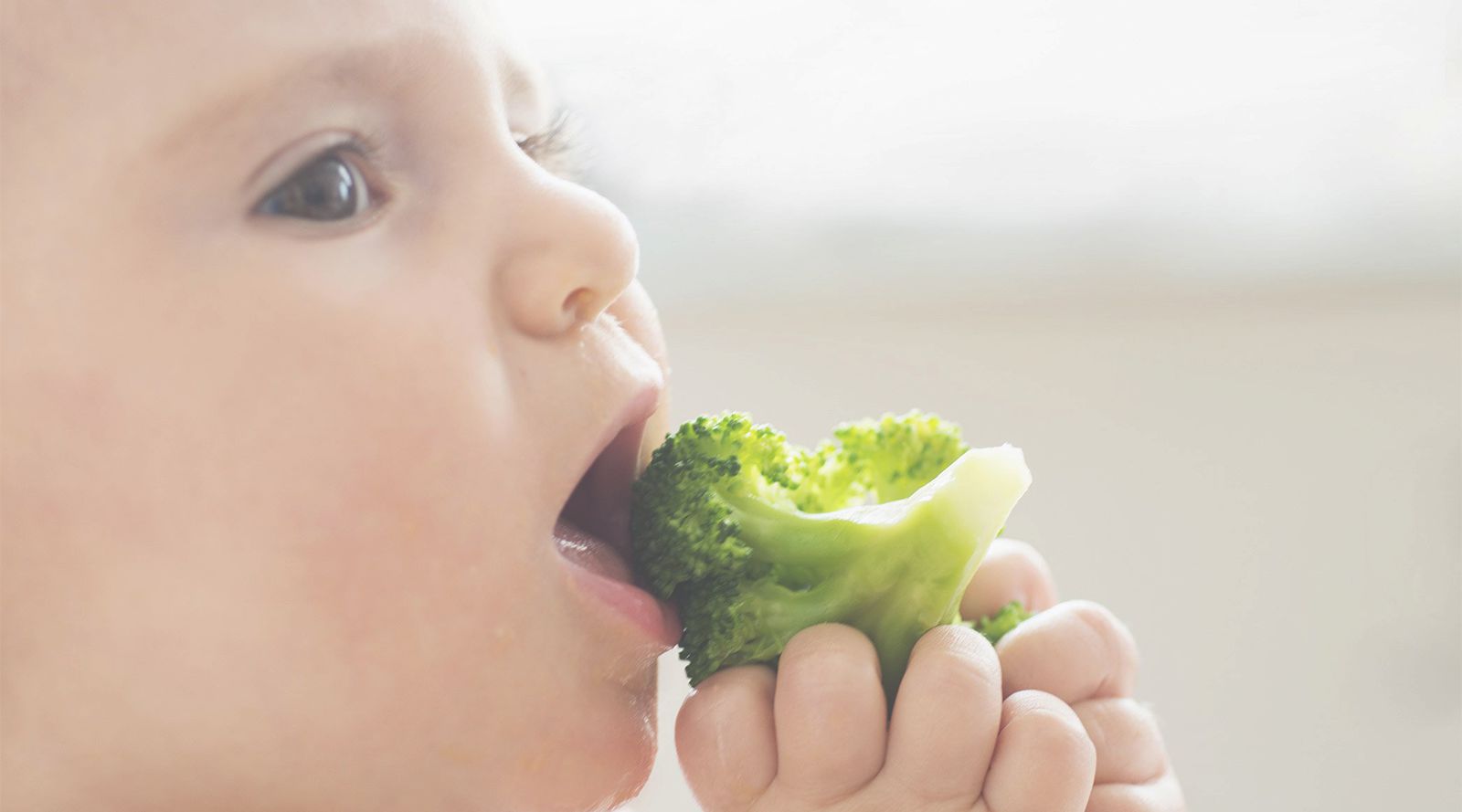Contents:
Medical Video: How long to wait for second pregnancy after first c section? - Dr. Anjana Ramesh
Whether you want to get pregnant with your second child immediately, or if you want to wait a long time before returning to enjoy having another baby, there are always pros and cons that will cover you, no matter how close - or far away - the age of your children.
Planning to conceive a second child is a personal choice, and sometimes it's not entirely in your control. Moreover, women who are married in their thirties may not have the opportunity to wait too long to get pregnant again because their chances of success decrease with age.
Even so, reported from Daily Mail, a new study from the CDC in 2011 shows that time is everything. The study found that the gap between the birth of one child and another, also known as 'inter-pregnancy distance' (interpregnancy interval / IPI) can significantly affect the health condition of the mother and baby.
Too early, children are at risk of premature birth and autism
The study found that short intervals between pregnancies (less than 18 months; especially within one year) will affect the risk of fetal complications, such as preterm birth, low birth weight, and small gestational age - and also increase the risk of having children with disabilities birth or behavioral problems in their infancy.
In the results of this study, the second child of a prospective mother who gave birth within one year, usually born before 39 weeks. Furthermore, one in five (20.5%) women who give birth twice a year will give birth to their second child before the 37-week gestation period where the chances of medical complications are far more likely. This figure is almost three times more than those who wait one and a half years or more before having another baby, where the incidence of giving birth before 37 weeks only occurs 7.7%.
Not only that. Quote from New Health Guide, at least one study showed that the chance of autism was three times higher if the second child was conceived within one year after the first child was born.
Too far, women are at risk of developing preeclampsia
Some experts believe that close pregnancy does not give the mother enough time to recover from the physical stress of one pregnancy, before being ready for the following. Pregnancy and breastfeeding can drain your stock of important nutrients, such as iron and folic acid. If you are pregnant again before refilling the nutrient stock, your body will work hard to produce red blood cells so that the fetus in the womb can get enough folate intake. However, at the same time, the mother's body is still in the condition of postpartum anemia the first child.
Genital tract inflammation that develops during pregnancy and is not completely cured before subsequent pregnancies can also play a role in maternal health opportunities.
Quote WebMDsecond pregnancy within 12 months after the first birth is associated with an increased risk:
- The placenta partially or completely peels off the inner wall of the uterus before labor (placental abruption).
- The placenta is attached to the lower part of the uterine wall, partially or completely covering the cervix (placenta previa), in women who have the first birth by caesarean section.
- Rahim is torn, in women who undergo normal labor less than 18 months after the first child caesarean section.
Not only physical stress, close pregnancy can also affect your mental state.
Baby blues syndrome, aka postpartum depression, affects 1 in 5 women. If they are pregnant with a second child too early and have not overcome the signs and symptoms of this depression, there is a great chance that this postpartum depression will continue, and may get worse, because they have not had enough time to carry out depression recovery therapy.
Another study found that short distances between two births carry a higher risk of maternal mortality and hypertensive disorders during pregnancy including bleeding and anemia. Developing countries tend to be the most affected, because they have a higher risk of blood loss and malnutrition.
On the other hand, women who wait up to five years - or more - to have more children can also face increased health risks, including:
- High blood pressure and excess protein in urine after 20 weeks of gestation (preeclampsia)
- Premature pregnancy
- Low birth weight
- Small gestational age
It is not clear why long pregnancy intervals are associated with health problems for mothers and babies. Some experts believe that pregnancy increases the capacity of the uterus to increase fetal growth and support, but over time, these beneficial physiological changes will disappear. There are also other possible non-measurable factors, such as maternal disease.
The socio-economic aspects of the family must also be considered
From a lifestyle perspective, the smaller age gap between children means that the hard work of parenting children can be more quickly over. In terms of relationships between siblings, the relationship between your two children will also be more tight if their age distance is not too far away.
The idea of developing a small family into a bigger one also has a big impact on your life - from work, to financial planning for your life with your spouse and firstborn child. Caring for two baby children at the same time is certainly not costly. The good news is that there are many children's activities, such as dancing, camping and outbound classes, and even some schools that offer discounts for siblings.
But, prepare yourself to face twice the tantrum of your children. Not to mention the quarrels between children (and parents!) That might occur due to the interests of children and households will often overlap.
The age range of 2-4 years between siblings may be more ideal. Brother and sister are still close enough to enjoy playing together. Your eldest child can also be more receptive to the presence of a new baby and will easily perceive himself as "brother", not "enemy", to accompany, nurture, and teach his little brother everything he has learned first.
Seeing that, with the variety of pros and cons of pregnancy of the second child, both from the medical and social side, experts and WHO now agree to recommend waiting mothers at least 18-24 months after the first birth to conceive a second child.
READ ALSO:
- Prevent pregnancy with a calendar system as effective as using a condom
- Balancing work and family is difficult, but ...
- How many children can fasting?












